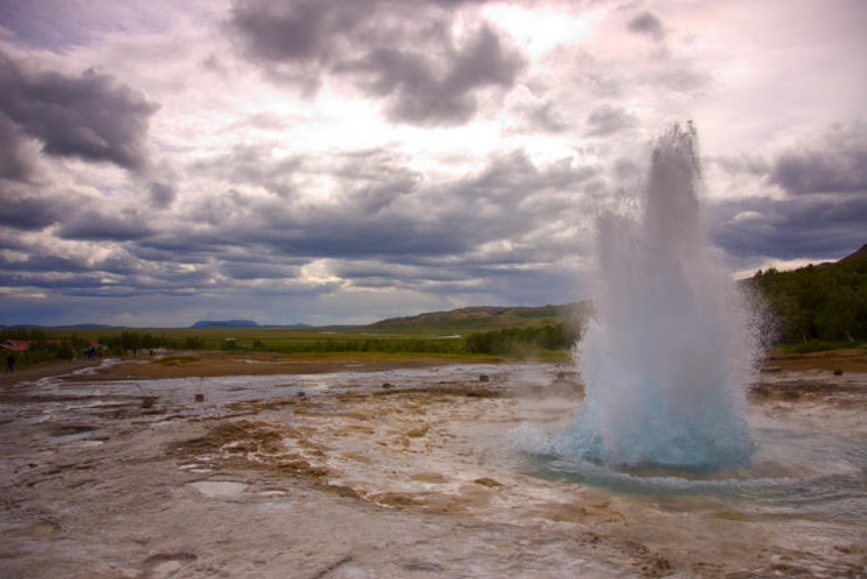By 2030, half of municipal heating in Germany is expected to come from climate-neutral sources. Deep geothermal systems can significantly contribute to this federal government goal because it provides a stable and weather-independent energy supply locally and requires little space in communities.
A joint roadmap of Helmholtz Association centers, including the Karlsruhe Institute of Technology (KIT) and the Fraunhofer Society, shows that deep geothermal energy systems have market potential in Germany and that its use could end up covering more than a quarter of Germany’s annual heat consumption.
The roadmap also contains recommendations to achieve this goal and highlights the need for scaling up, large-scale exploration, investment in key technologies, and training of a skilled workforce.
“To achieve the goal of more than 300 terawatt-hours, we need technology development,” says Professor Thomas Kohl from the KIT Institute for Applied Geosciences. He will coordinate the future underground research laboratory GeoLaB, a joint initiative of KIT, the German Research Center for Geosciences (GFZ) and the Helmholtz Center for Environmental Research (UFZ).
“The application and development of the latest monitoring and analysis tools in GeoLab will provide information that will be critical for the safe and environmentally sustainable use of geothermal energy and other subsoil resources. We attach very high importance to transparent communication with the public and decision-making manufacturers,” Kohl continues.
“Without geothermal energy, the decarbonization of the German heating sector will not be possible. The natural potential of underground heat is available in most urban areas. Sustainable development of geothermal energy is an investment in the cities of our future,” says Prof. Ingo Sass, Head of the Geoenergy Section of the GFZ.
“Through their strategic research programs and unique research infrastructure, such as the future underground research laboratory GeoLaB, the Helmholtz Centers are making a significant contribution to the success of this transformation,” Sass added.
Underground research labs like GeoLaB are of paramount importance because they improve the essential physical, chemical, and biological understanding of places with similar geological properties, Sass concluded.

